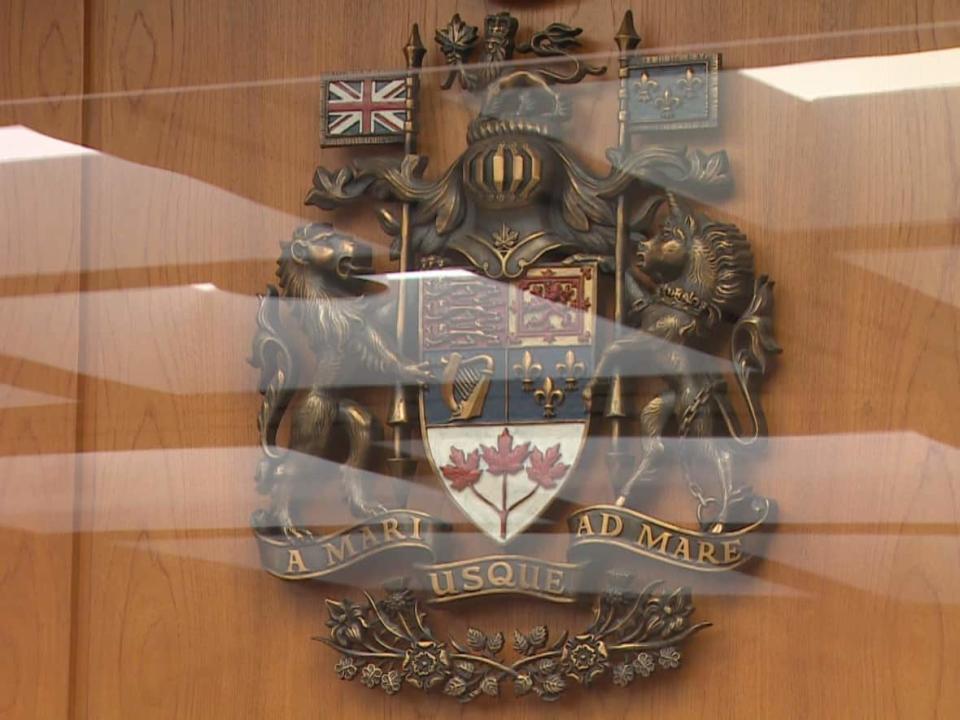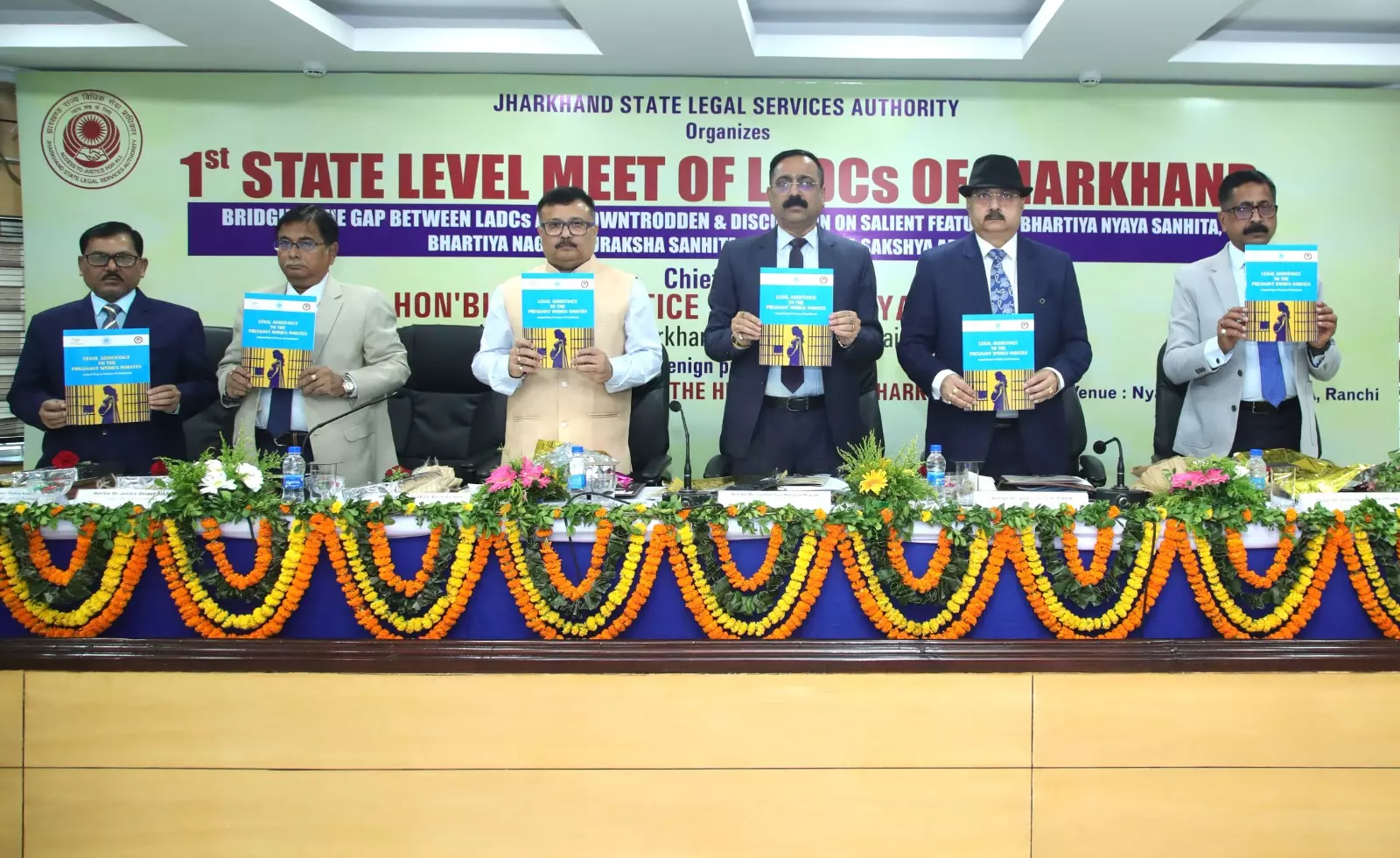
Defense lawyers to refuse serious crime files over Legal Aid Alberta funding
Alberta’s four major defense lawyer associations say they will be refusing serious files for legal aid starting Sept.1, until the province improves funding.
Serious crime files include all homicides, sexual offenses, firearms offenses, and dangerous offender proceedings.
The move comes after the associations — the Criminal Defense Lawyers Association, the Criminal Trial
Lawyers Association, the Southern Alberta Defense Lawyers’ Association and the Red Deer Criminal Lawyers Association — called for increased legal aid funding and expanded eligibility so more people can access legal aid.
Legal Aid Alberta (LAA) is a non-profit organization that provides legal services to Albertans in family, domestic violence, child welfare, immigration and criminal defense cases.
Danielle Boisvert, president of the Criminal Trial Lawyers Association, said defense lawyers have become disincentivized from taking on such cases.
“[Lawyers] feel that they’re being undervalued, when they could go to the province next door and make significantly more for the same type of work. It causes a brain drain out of Alberta,” Boisvert said in an interview Thursday.
Legal Aid Alberta revenue from province
Roster counsel earn a base rate of $92.40 per hour in Alberta, while those in British Columbia and Ontario earn $113.39 and $109.14, respectively. Roster lawyers have their own practice and/or work for a private law firm.
The rate discrepancies increase for lawyers in higher compensation tiers.
Boisvert also explained the issue has created a discrepancy in equity between the Crown and defense.
“We lose people to the Crown prosecutor’s office and it creates an imbalance in experience and knowledge between the two adversarial parties,” she said.
“If you have a Crown office full of senior experienced counsel, and defense roster lawyers who are all very junior, it’s not an equal playing field and that has an impact on justice directly.”
Justice Minister Tyler Shandro said in a written statement that Legal Aid Alberta has sufficient funding to meet demand for their services.
“There have not been any instances of eligible Albertans not accessing services due to insufficient funding,” the statement read.
Shandro added that increases to the legal aid tariff have to be done as part of the fall budget submission.
“LAA and my ministry will work together to start this comprehensive process and we invite your input into this process,” the statement went on to say.
Earlier this month, Joseph Dow, Shandro’s press secretary, said Alberta offers more legal aid services than other jurisdictions and that since 2015, the government has increased funding to LAA by 47 per cent.
According to figures from LAA’s annual reports, provincial government funding did increase by 47 per cent between the 2015-16 fiscal year and 2018-19, but decreased for the next two years.
“As soon as the UCP government got back into power the funding was cut, and it was under-delivered. So the 47 per cent is a spike because of that infusion that happened in the first year or two of the governance agreement,” Boisvert said.
“And after that it’s been underfunded, underfunded, underfunded for the last three years in a row.”
Boisvert said she hopes this action prompts the government to act soon and implement changes.
“We would like to see an immediate response from the government. All of the federal prosecutors in Canada have come to support us …We hope that this government listens not just to us, but to all the other organizations that have echoed our concerns and echoed the need for immediate action,” she said.
Related Posts
- Pritzker asks for more federal money to states with abortion access
- SA seeks legal advice on R396bn Eskom debt burden
- Almost 30% of queries to free legal advice service related to family law
- Legal Aid of NC gets more than $4 million to help natural disaster victims | Crime News
- State appropriation boosts legal aid services for low income families



